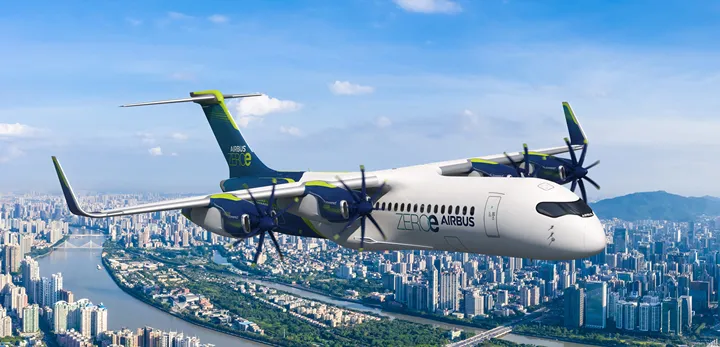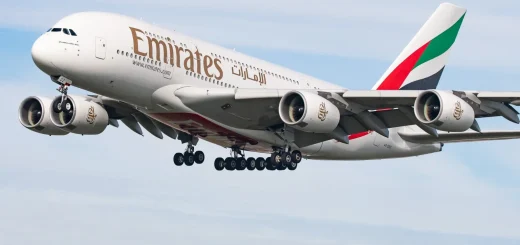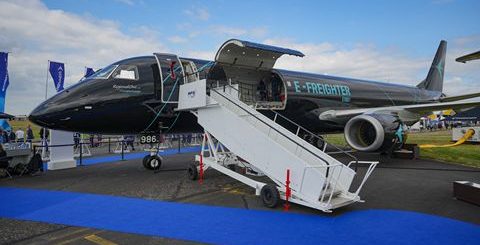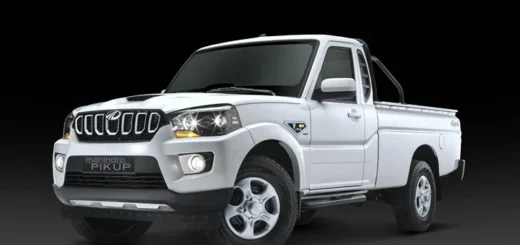Airbus ZEROe Hydrogen-powered aircraft project: Latest updates
Airbus has revised the roadmap for its revolutionary ZEROe hydrogen-propulsion aircraft project; confirms fuel-cell driven 2 MW electric propulsion engines for the aircraft.

At the recently held 2025 Airbus Summit at Toulouse, Airbus has reaffirmed its commitment to its highly anticipated ZEROe hydrogen aircraft project. The company has revised the project roadmap with no specific timeline, hinting a delay of about 5 to 10 years at the least, so as to prep the market and allow the associated technologies to mature.
Initiated in 2020, Airbus’ ambition is to bring a hydrogen-powered commercial aircraft to market by 2035. “While we’ve adjusted our roadmap, our dedication to hydrogen-powered flight is unwavering”, said Bruno Fichefeux, Head of Future Programmes at Airbus.
Also Read: Hydrogen for sustainable aviation: Where are we now?
The ZEROe project initially explored the feasibility of two primary hydrogen propulsion technologies – hydrogen combustion and hydrogen fuel cells. The company has now confirmed the selection of the fuel cell technology as the propulsion method for this future aircraft.
“Just as we saw in the automotive sector, fully electric aircraft powered by hydrogen fuel cells have the potential in the longer term to revolutionize air transport for the better, complementing the sustainable aviation fuel pathway”, he added.
Four propellers
As far as the engine technology is concerned, the updated concept features four, 2 MW electric propulsion engines, each driven by a fuel cell system. The systems transform hydrogen into electricity through a chemical reaction. The process will be almost carbon-neutral as long as renewable energy-derived ‘green hydrogen’ is used.
Further, all four fuel cell systems would be supplied via two liquid hydrogen tanks. This concept will continue to be refined over the coming years as additional tests will help mature the technologies associated.
Also Read: Hybrid-electric ‘EcoPulse’ aircraft offers key insights on sustainable aviation
In 2023, Airbus successfully demonstrated a 1.2 MW hydrogen-propulsion system. Last year, end-to-end testing of an integrated fuel cell stack, electric motors, gearboxes, inverters and heat exchangers was completed.
As a way forward, an integrated ground testing is planned for 2027, combining the propulsive bench and hydrogen distribution system for comprehensive system validation. Although the project’s timeline has been prolonged, Airbus claims to remain committed in bringing a hydrogen-powered single-aisle aircraft to the commercial aviation market.
Image Credit: Airbus










